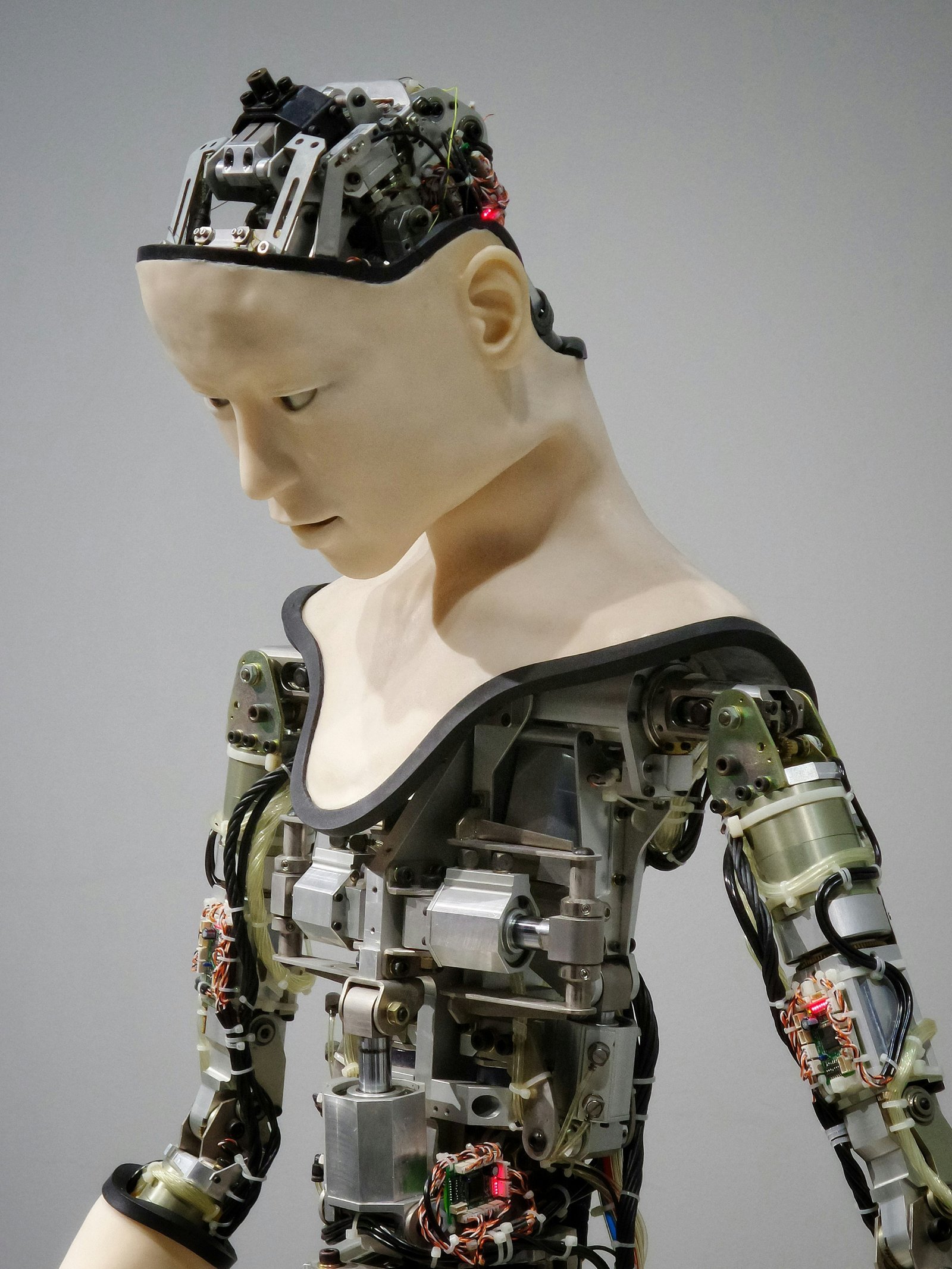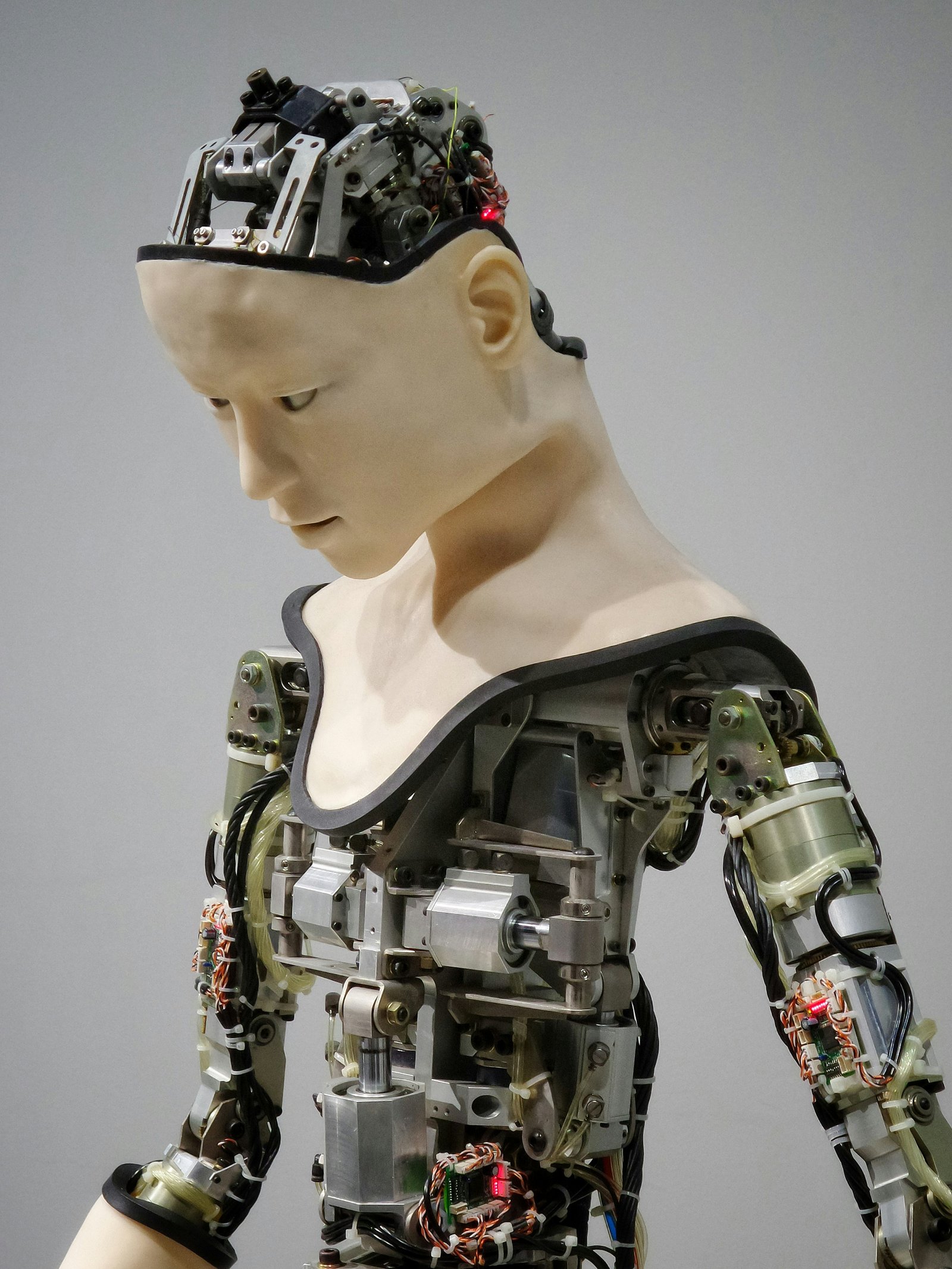
Introduction to AI in Web Development
Artificial intelligence (AI) has emerged as a pivotal force in the realm of web development, significantly shaping the way websites and applications are created and maintained. Currently, AI influences various facets of this field, from automation of routine tasks to the implementation of intelligent design systems. Automation not only streamlines workflows but also enhances efficiency by reducing the time developers spend on repetitive coding activities. This shift allows them to focus on more complex and creative aspects of web development, thereby fostering innovation.
Moreover, AI-powered intelligent design systems play a critical role in creating user interfaces that adapt to the preferences and behaviors of individual users. By leveraging machine learning algorithms, these systems analyze user interactions and make real-time adjustments to enhance the overall user experience. This personalized approach not only increases user satisfaction but also drives higher engagement rates, which are essential for the success of any digital platform in today’s competitive market.
Industry leaders have recognized the necessity of integrating AI into their web development processes. Companies such as Google and Amazon have adopted advanced AI technologies to enhance their services, leading to improved functionality and customization. These enhancements position them ahead of their competitors and serve as a benchmark for other organizations striving to innovate. For developers and business owners, understanding these trends is crucial; staying ahead of the curve enables them to harness AI’s transformative capabilities and maintain a competitive edge in the rapidly evolving digital landscape.
As AI continues to advance, its implications for web development are broadening, from improved coding practices to enriched user experiences. Consequently, the ongoing exploration and adoption of AI technologies in web development will likely yield numerous opportunities for those willing to embrace change.
Transformative Technologies in Web Development
Artificial intelligence (AI) is significantly reshaping the landscape of web development through various transformative technologies. Among these, AI-powered chatbots have gained prominence, serving as virtual assistants that enhance user interaction on websites. These chatbots utilize natural language processing (NLP) to engage users in real-time conversations, providing immediate responses to inquiries. By effectively handling customer service tasks, organizations are able to foster a more engaging user experience while simultaneously reducing operational costs.
Another innovative application of AI in web development is automated UI/UX design. Through machine learning algorithms, designers can harness user data to create more intuitive interfaces that cater to individual preferences. This technology allows for rapid prototyping and iterative design processes, enabling developers to create user-centric websites more efficiently. By analyzing user behavior, AI tools can suggest design improvements, making the overall development cycle quicker and more responsive to user needs.
Voice search optimization is yet another domain where AI plays a crucial role, transforming how users interact with web applications. As voice-activated technologies become ubiquitous, optimizing websites for voice search is essential. AI algorithms analyze voice queries to understand context and intent, allowing developers to tailor content accordingly. This optimization not only improves search engine rankings but also enhances user engagement by providing quick and accurate information in response to spoken queries.
Several prominent companies have successfully integrated these AI technologies into their web development strategies. For instance, e-commerce giants use AI chatbots to streamline customer interactions, while platforms like Wix leverage automated design tools to assist users in creating customized websites effortlessly. As these technologies continue to evolve, they hold the potential to redefine web development practices by enhancing efficiency, streamlining processes, and ultimately delivering a superior user experience.
AI and Cybersecurity in Web Development
The integration of artificial intelligence (AI) in web development has become increasingly significant, especially regarding cybersecurity. As cyber threats evolve, traditional security measures often fall short of providing comprehensive protection. AI technologies enhance web security through advanced algorithms that can analyze vast data sets in real-time to detect unusual patterns and potential security breaches. This process allows for quicker identification and mitigation of threats, thus safeguarding sensitive user data and maintaining website integrity.
One of the primary advantages of employing AI in cybersecurity is its ability to perform predictive analysis. By learning from historical data, AI systems can forecast potential vulnerabilities and assess the risk levels associated with specific threats. For instance, machine learning algorithms can adapt over time to recognize new types of malware, phishing attempts, and other cyber-attacks. Organizations like PayPal and Google have successfully implemented AI-driven security measures, significantly reducing instances of fraud and enhancing user trust in their platforms.
Additionally, AI’s role in automating threat response is noteworthy. Cybersecurity teams can leverage AI technologies to respond to incidents with increased efficiency, minimizing human error and allowing for more strategic focus on prevention and risk management. AI systems can automatically block suspicious activities, reinforce firewalls, and regularly update security protocols based on real-time data analysis. As businesses increasingly prioritize online security, the need for AI solutions becomes ever more pronounced.
Looking ahead, the future of AI in safeguarding web environments appears promising. As machine learning techniques continue to evolve, AI is expected to play a pivotal role in creating more secure web applications. Enhanced algorithms and advanced data analytics will empower organizations to stay one step ahead of cybercriminals, ensuring lasting protection for both businesses and users alike. This evolution solidifies the importance of integrating AI in cybersecurity strategies within the web development landscape.
The Road Ahead: Trends and Predictions
As artificial intelligence (AI) continues to evolve, its integration into web development is anticipated to bring about profound changes that will enhance user experience and streamline the development process. Future trends indicate that AI will play a pivotal role in the creation of more intuitive and responsive web applications. One such trend is the emergence of AI-driven design tools that can automate the process of creating aesthetically pleasing and functional websites. These tools will utilize machine learning algorithms to analyze user behavior and preferences, enabling developers to create tailored solutions that resonate with the target audience.
Furthermore, the integration of AI with emerging technologies like augmented reality (AR) and virtual reality (VR) is expected to redefine the landscape of web development. By harnessing the capabilities of AI, web applications can provide immersive experiences that engage users on a deeper level. For instance, AI can facilitate personalized AR experiences in e-commerce, allowing consumers to visualize products in their environment before making a purchase. Such innovations herald a new era of customer interaction, where AI seamlessly enhances the overall web experience.
The importance of continuous adaptation cannot be overstated for both developers and businesses in this rapidly changing environment. As AI tools and technologies advance, developers must stay abreast of these improvements to maintain competitiveness in the market. This entails not only acquiring new technical skills but also adopting an agile mindset that embraces continuous learning. Businesses, too, will need to leverage AI to analyze data trends and make data-driven decisions, ensuring their relevance in a digital economy increasingly shaped by intelligent systems.
In conclusion, the future of AI in web development is marked by exciting trends and innovations that promise to enhance the user experience and redefine traditional practices. As developers and businesses adapt to these changes, the potential for creating more engaging and effective web applications will only grow, solidifying AI’s role in the digital landscape.

Leave a Reply